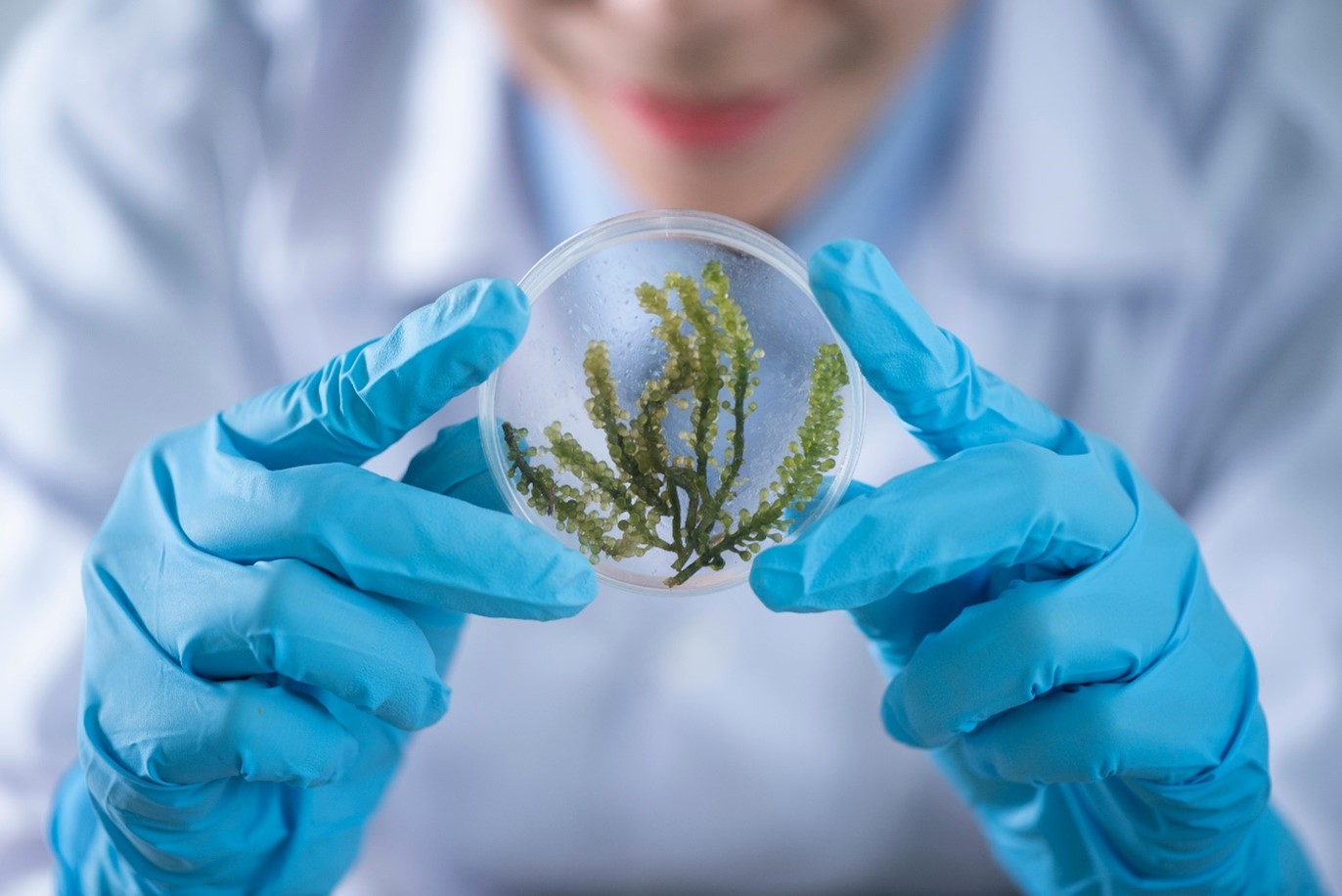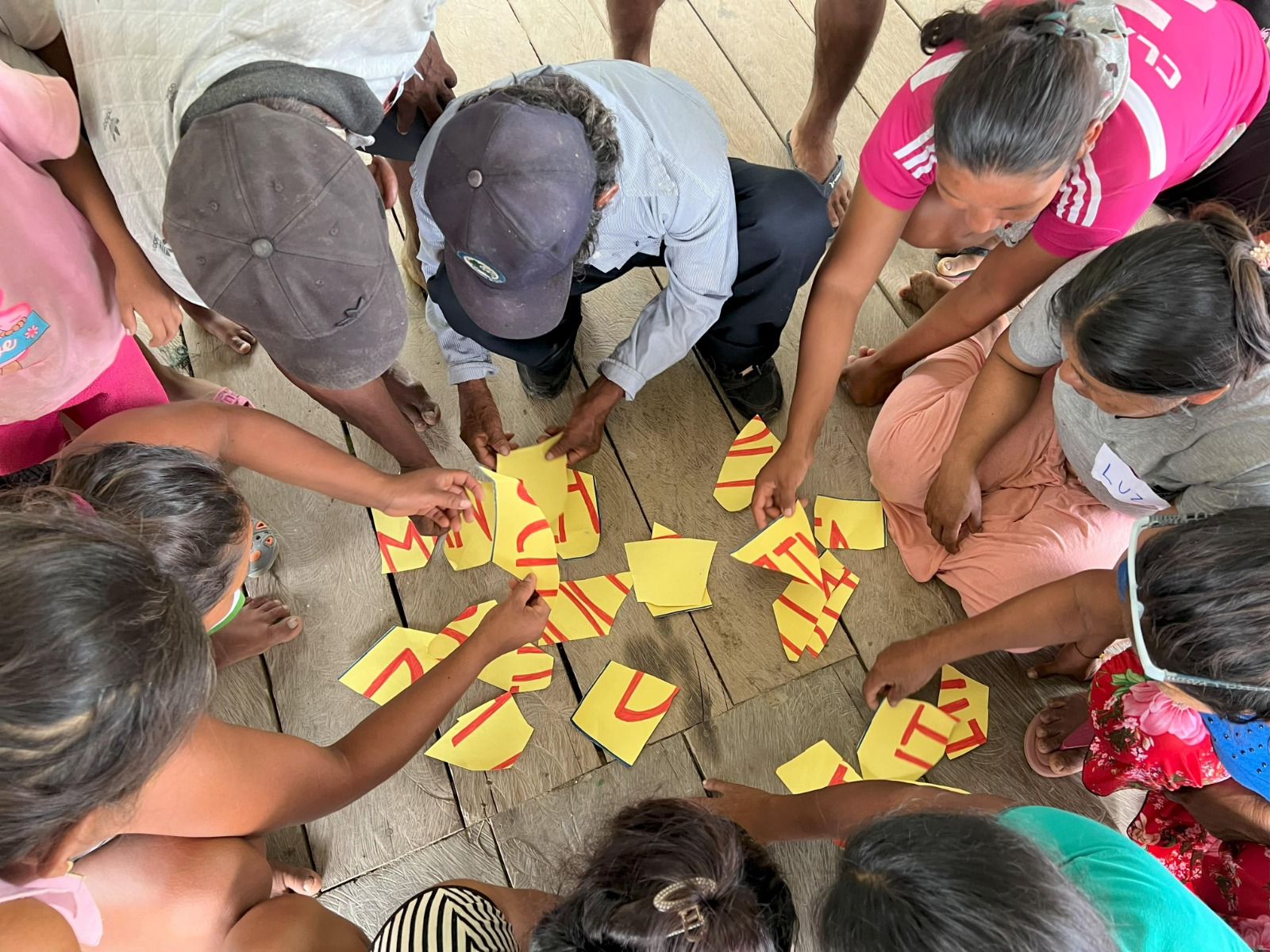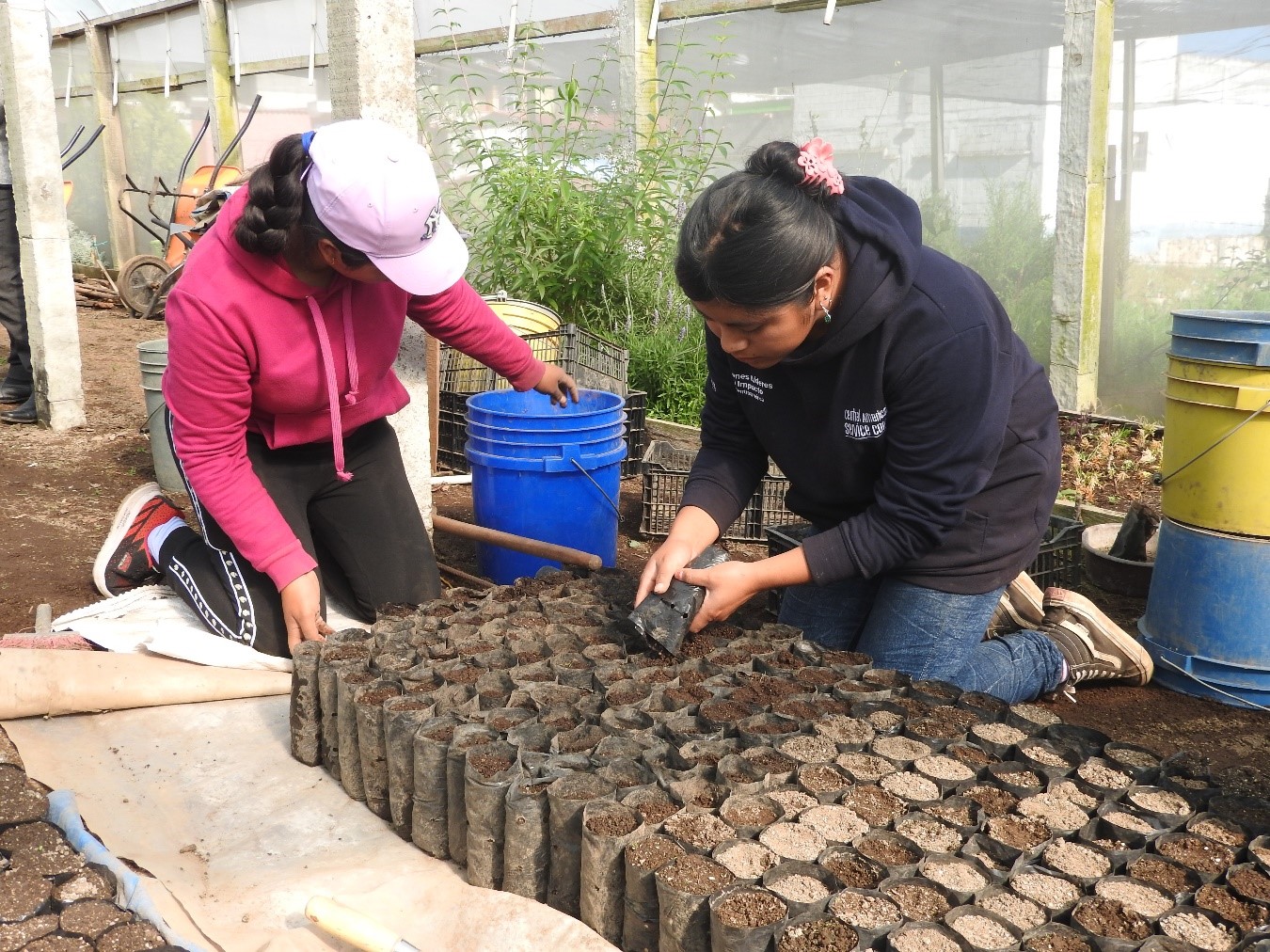UN Special Rapporteur calls for accelerated, gender-transformative climate and environmental action
Dr. David R. Boyd, UN Special Rapporteur on Human Rights and the Environment, Associate Professor of Law, Policy, and Sustainability, University of British Columbia; Stephanie Keene, International Human Rights Lawyer
The Special Rapporteur on human rights and the environment recently published a report on women, girls and the right to a clean, healthy and sustainable environment. It articulates associated State obligations and business responsibilities, highlights the benefits of realizing gender equality and ecological sustainability, and recommends gender-transformative measures.
The UN Special Rapporteur on human rights and the environment, Dr. David R. Boyd, recently published a report on women, girls, and the right to a healthy environment that illustrates why the interlinked gender and triple planetary crises (climate change, biodiversity, and pollution) are amongst the greatest obstacles to sustainable development. The report emphasizes the imperatives of dismantling systemic discrimination against women, girls and gender-diverse persons, empowering them as climate and environmental leaders, and implementing gender-transformative, rights-based climate and environmental action at scale. It articulates associated State obligations and business responsibilities, highlights the potential benefits of realizing gender equality and ecological sustainability, and recommends gender-transformative measures. The Special Rapporteur emphasizes that, as demonstrated by women’s and girls’ impressive contributions to conserving, protecting and restoring nature, women and girls are powerful, transformative rights-holders and agents of change. They should be primarily viewed not as victims, but as equal, indispensable partners and leaders in the transition to a just and sustainable future where everyone realizes their right to a clean, healthy and sustainable environment (R2HE).
Gender inequality and environmental injustice are interconnected problems caused by a global economy that recklessly exploits both people and the planet. Pervasive discriminatory laws, norms, and practices exclude women and girls from participating in environmental decision-making and enjoying a fair share of nature’s benefits. As a result, women and girls endure disproportionate impacts related to the climate emergency, biodiversity collapse, and pervasive pollution. Businesses routinely abuse women’s and girls’ rights by exacerbating the triple planetary crisis and perpetuating gender-based discrimination. Despite decades of commitments to ensuring gender equality in environmental decision-making, States’ existing environmental and climate laws, monitoring and assessment mechanisms, and data-collection and disaggregation practices remain largely gender-blind and therefore incompatible with States’ obligations to respect, protect, and fulfil women’s and girls’ R2HE.
The combined catastrophes of environmental and gender injustice erode the political and economic agency of women and girls by perpetuating their disproportionate poverty, hunger, unpaid workloads, land tenure insecurity, lack of access to nature’s benefits to people, exposure to sexual and reproductive health risks (among other health risks), and experience of gender-based violence. The most vulnerably situated women include those who are directly reliant on nature—such as Indigenous, Afrodescendant, and peasant women—and those whose marginalization or potential vulnerability stem from their being older, LGBT+, disabled, migrants, displaced, refugees, environmental defenders, unmarried, informally married, widowed, or living in armed conflict.
These realities run contrary to the Convention on the Elimination of All Forms of Discrimination against Women (CEDAW), which has 189 States parties. CEDAW requires States to implement gender-transformative measures—meaning steps capable of changing norms and systems that perpetuate gender- and sex-based inequality and that are capable of addressing the root causes of gender- and sex-based discrimination—in all fields, including those related to a clean, healthy and sustainable environment. Amongst their obligations associated with the right to a healthy environment, States must: (1) employ “whole-of-government” approaches to women’s and girls’ R2HE; (2) mobilize the maximum available financial, human, and political resources in implementing gender-transformative actions to respect, protect, and fulfil the R2HE; (3) prioritize groups of women and girls with heightened risks of vulnerability; and (4) be guided by principles including prevention, precaution, non-regression, and polluter pays. The obligation of non-discrimination is of immediate effect, and requires States to apply an intersectional lens, recognizing the heterogeneity of women, girls, and LGBT+ persons. Fulfilling these obligations will require extensive gender-mainstreaming, training, and capacity-building across government institutions as these are often dominated by men and plagued by gender biases and discriminatory social norms.
Despite enormous challenges, there are many reasons to remain optimistic that in the future, women’s and girls’ R2HE can be fully realized. The report presents compelling evidence that where the environmental participation, leadership, and empowerment of women and girls is increasing, this results in cleaner, healthier and more biodiverse environments, more resilient communities, and more equitable distribution of nature’s benefits. An annex of good practices that recognize and implement women’s and girls’ R2HE is also available, offering further evidence that gender-transformative, rights-based climate and environmental actions exist but must be dramatically scaled up.



